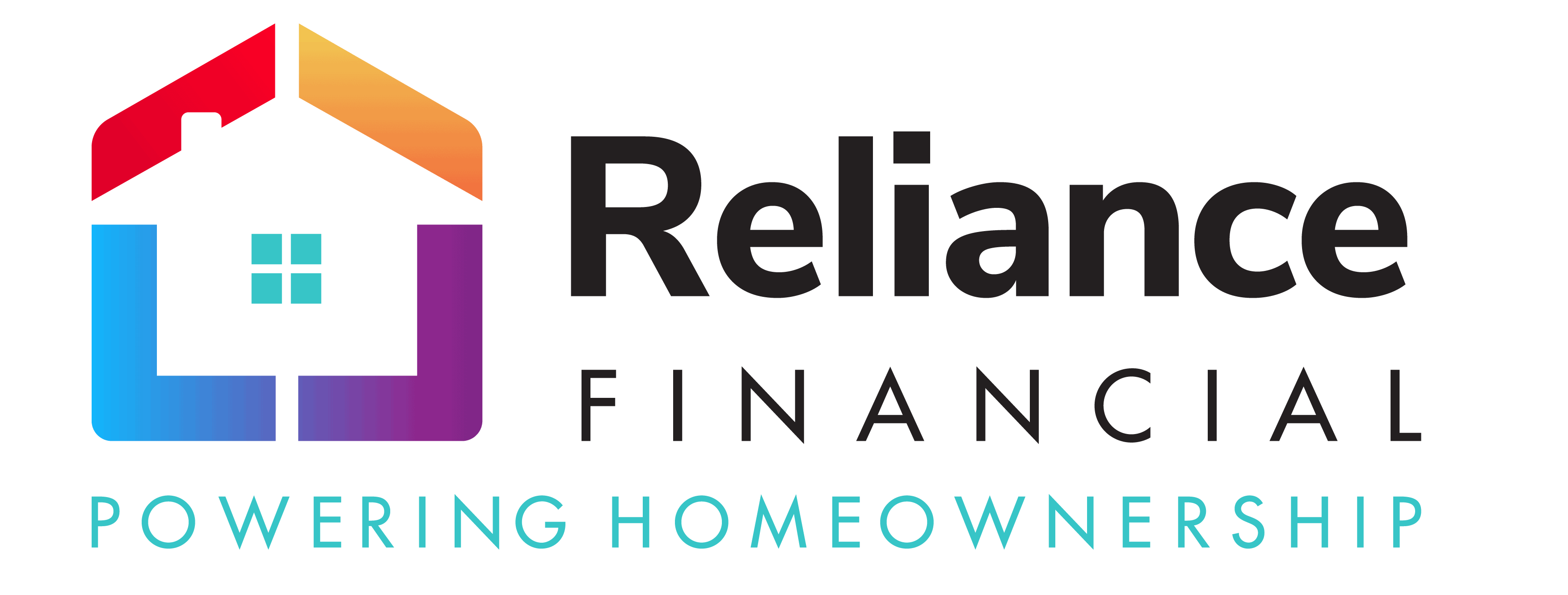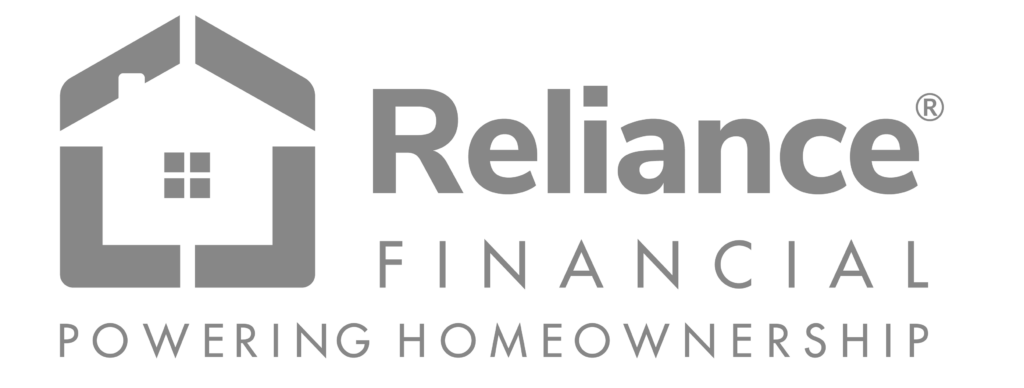When it comes to smart financial decisions, refinancing often stands out as one of the best moves. Whether it is securing a lower interest rate, reducing monthly payments, or building home equity faster, refinancing a 30-year loan into a shorter term can offer significant benefits.
Now, many homeowners planning to refinance are asking: “How long does it take to refinance a house?”
If you are wondering the same, keep reading. In this blog, we will walk you through the entire refinancing process, from the typical timeline to each step involved. Stay connected!
What is Refinancing in a Mortgage Loan?
Refinancing means replacing the loan with another type of loan to get lower rates and lower monthly payments. This allows the homeowners to:
- Get the lower monthly payments: In the future, if the market rates drop, then refinancing allows you to drop down the
- Switch from an adjustable-rate mortgage: refinancing allows you to switch from a 30-year to a 15, 10, 20, or 5-year loan, which offers you faster equity and less interest rate.
- Shorter loan terms: it also allows getting home ownership faster by paying an extra monthly payment with less interest paid.
Detailed Process to Follow for Refinance a House
Let’s go deep down into the detailed process for refinancing the home:
Preparation Stage
Before you officially apply for the refinancing, the preparation stage always comes, and on this stage, you:
- Review your credit score
- Assess your home equity
- Compare lenders and research
- Decide refinancing goal
Submit Refinance Application
After preparing everything and choosing a lender, you will fill out the refinance application. For that, you need to submit some essential documents such as:
- Recent proof of income
- Tax returns
- Bank statements
- Details of the current mortgage
- Proof of assets
- Employment verification
Refinancing applications do not take time, but gathering the documents is time-consuming.
Loan Processing & Underwriting
It takes too much time. Let’s see what happens in it:
Loan Process: In this lender, check your all debt history and credit score, and analyze your borrowing ability.
Underwriting: In this, the underwriter analyzes your financial profile and determines if you are qualified for a new loan or not.
2-3 weeks can take for this process.
Home Appraisal & Inspection
For refinancing the property, lenders get a home appraisal because they want to know the exact property value and cross-check the documents and location of the property.
Closing the Loan
Once the loan is approved, the lender will offer you the loan closure of the loan in which all the loan terms, monthly payments, and mortgage rates are written. There are some major things considered:
- Three days to disclose the loan
- Sign the agreement
- The new mortgage begins immediately
Refinancing Timelines
We are going to discuss the exact timeline of the refinancing.
| Stage | Estimate Time |
| Preparation | 1 week |
| Application Submission | 1-3 days |
| Loan Processing & Underwriting | 2-3 weeks |
| Home Appraisal & inspection | 1-2 weeks |
| Closing the Loan | 3-5 days |
Total Time: Approx 30-45 days. We can estimate the refinancing time, as it depends on how far you submit documents.
Which Factors can affect the Home Refinancing Time?
Let’s see some major factors that affect the mortgage loan refinancing time:
Loan Types
The type of loan also affects the refinancing time as VA & FHA loans require some special and more documents compared to normal ones, which is why this affects the timing of refinancing. Fixed loans are faster compared to adjustable-rate mortgages.
Lender Efficiency
All the lenders have their own loan processing speed, as some are slow and some are fast. Majorly reputed and most trusted lenders offer point-to-point work without wasting time, and they also have fast approval systems, but other ones take too much time.
Appraisal Availability
Sometimes, a refinancing application requires a home appraisal, which typically takes 1–2 weeks to complete. This step is often one of the most time-consuming parts of the refinancing process.
Incomplete Documentation
How much time you take to complete your document also affects your refinancing time. That’s why all the lenders advise you to keep all related documents ready, as nobody knows which document will be needed at which time.
Market Condition
Housing market conditions also affect your refinancing time. When the housing market is in high demand and interest rates are fluctuating, then the chances of delays increase; and on the other hand, low market conditions easily provide you refinance without delay.
What should you do to speed up the Refinancing Time?
If you are planning to refinance your mortgage or also want to speed up your refinancing time, then follow these important tips:
- Get pre-approved
- Prepare Documents in Advance
- Respond Promptly to Lenders’ Request
- Choose an Expert lender:
- Consider No Appreciation Option
Conclusion
In this detailed blog or guide, we have discussed multiple things about how long it takes to refinance the mortgage loan. Additionally, multiple things like tips, factors, and other things we have discussed. The results we get from this blog are that you are always prepared for your refinancing if you have pre-plans and also keep documents ready.
FAQ for Refinance a House
Q. How much time can we refinance the mortgage loan?
Answer: As you can refinance your mortgage loan multiple times, because there is no legal limit, but a minimum period should be followed, which is 6-12 months.
Q. How can I know my mortgage is worth it now?
Answer: To know the worthiness of a mortgage, consider these things:
- Current vs. new interest rates
- Closing costs and fees
- Remaining mortgage term
- Living plans, such as long-term or short-term
Q. What type of hidden cost for refinancing should we avoid?
Answer: hidden charges you should know for avoiding:
- Prepayment penalties
- Appraisal fees
- Credit Report Fees
- Title Insurance
Q. What things do lenders look for to qualify for the refinancing?
Answer: Multiple things lenders analyze, including some major things:
- Credit score
- Debt-to-income ratio
- Property value
- Employment & income stability
- Existing mortgage balance









